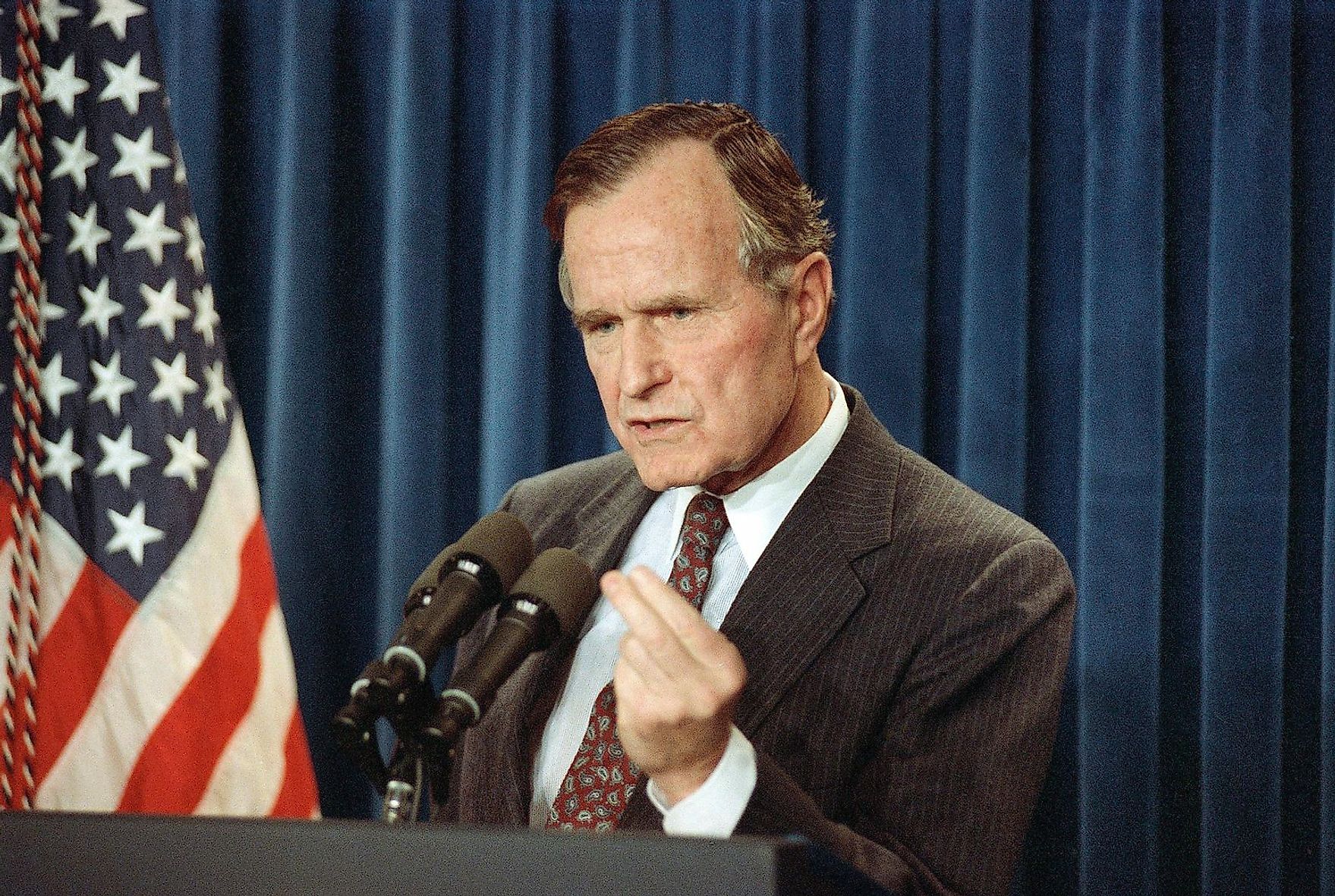
foreign policy carried out by men who constituted a kind of shadow government.Īfter meetings with Casey in the summer of 1982, Bush agreed to use the vice-president’s office as a cover for Black Eagle, according to a retired army covert operative assigned to Black Eagle. They were the instruments of a secret U.S. Although conceived by William Casey, the late CIA director, these operations were not sanctioned officially by the CIA or other government agencies. The idea of both operations was to circumvent congressional restrictions on the CIA and the Pentagon. This earlier operation, known as Black Eagle, went on for three years, overlapping North’s operation. Bush and Gregg were, in fact, deeply involved in a previously undisclosed weapons-smuggling operation to arm the contras that began in 1982, two years before the much publicized Iran- contra operation run by marine lieutenant colonel Oliver North and financed by the sale of missiles to Iran. Again Rodriguez called Vice President Bush’s office with the news, and the search-and-rescue mission was called off.Ī ROLLING STONE investigation, however, has found that the denials of Bush and Gregg are part of a continuing cover-up intended to hide their true role in the Reagan administration’s secret war against the Sandinista government of Nicaragua. The third crewman, Eugene Hasenfus, had been captured. The following morning Rodriguez learned that Sandinista-government artillerymen had knocked the Southern Air plane out of the sky, killing the pilot and copilot. aircraft toward the Nicaraguan border on a search-and-rescue mission.


Watson relayed the information to the White House Situation Room, and an order was given to send U.S.

When Rodriguez failed to reach Gregg, he telephoned Gregg’s deputy, army colonel Samuel Watson. What was unusual was that Rodriguez did not notify anyone at the Defense Department or the CIA but rather attempted to get word about the missing plane to Donald Gregg, the national-security adviser for Vice President George Bush.
1988 GEORGE BUSH VICE PRESIDENT SERIES
Fearing the worst, Rodriguez made a series of phone calls to Washington that evening. On October 5th, 1986, one of Rodriguez’s cargo planes, a Southern Air Transport C-123K, loaded with 10,000 pounds of ammunition, failed to return from a scheduled drop in Nicaragua. During the most violent years of the war in Nicaragua, a retired CIA agent – a man of many talents and pseudonyms whose given name is Felix Rodriguez – was the logistics officer for airlifts of weapons and supplies from the Ilopango air base, in El Salvador, to the jungle hide-outs of the Nicaraguan rebels known as contras.


 0 kommentar(er)
0 kommentar(er)
